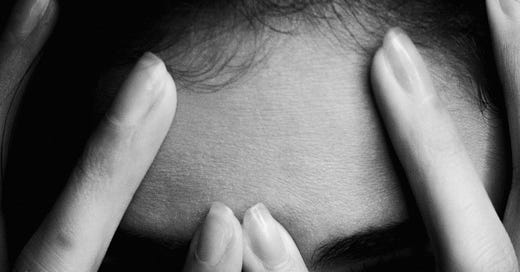Within this article, the reader will learn:
Why fear is one of our greatest gifts. By thinking about fear differently, we can reap its benefits.
By engaging with fear, we develop courage. By not engaging, we generate cowardness.
How reflecting upon death can help us develop a healthy outlook on life.
Keep reading with a 7-day free trial
Subscribe to Unorthodoxy to keep reading this post and get 7 days of free access to the full post archives.




